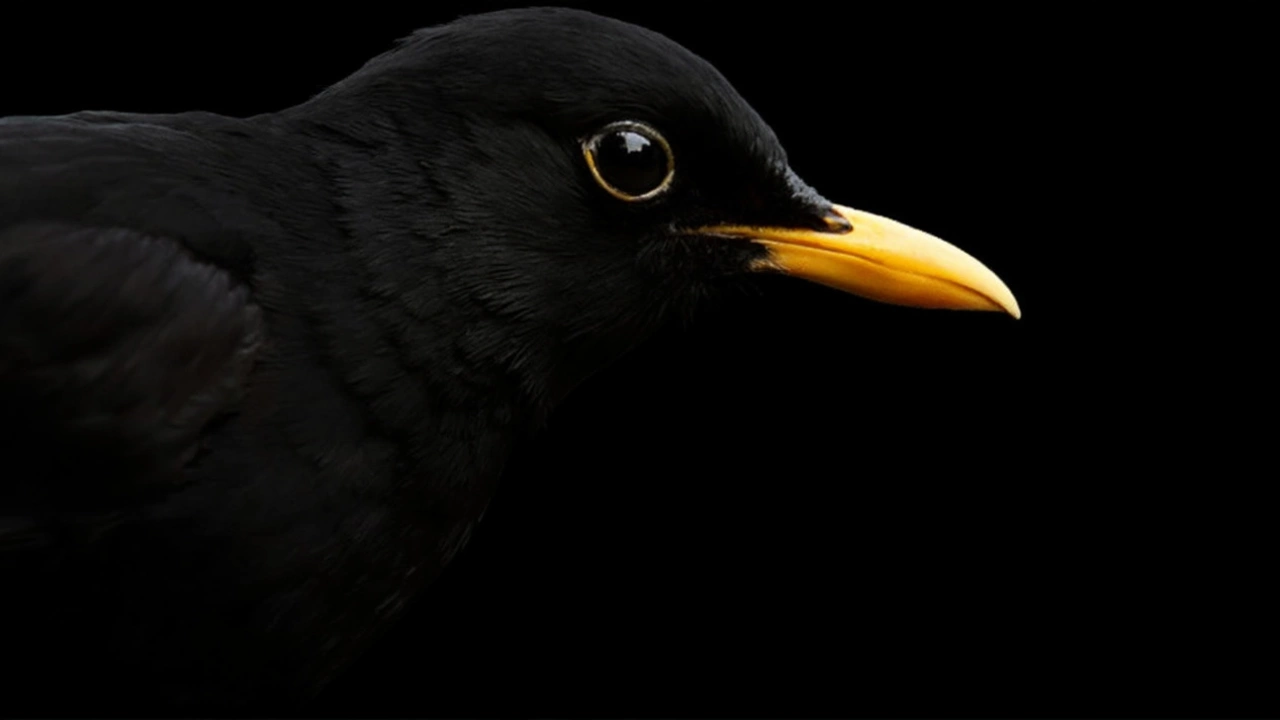Usutu Virus Brings Sharp Declines to London Blackbird Populations
Most people think of blackbirds as a fixture in back gardens, their songs part of everyday life in cities and countryside alike. Now, that familiar scene faces an unexpected threat. Over the last four years, the Usutu virus has spread at a startling pace across southern England, wiping out a staggering 40% of blackbirds in Greater London alone. What’s even more worrying is how fast and far this mosquito-borne disease has reached, stretching its presence as far north as Cambridgeshire, having started in London and southern counties like Dorset.
Usutu virus isn’t homegrown. Its journey began near the Usutu River in southern Africa, making its way into Europe over the past few decades. It’s mainly a blackbird killer here, but horses and—on rare occasions—humans can be infected too. For people, symptoms are almost never seen in the UK, sometimes causing an unnoticed fever or mild illness at most. But for the birds, especially blackbirds, the consequences can be brutal: sudden lethargy, seizures, and death, sometimes with little warning.
Climate's Role and the Search for Answers
Want to know why Usutu is spreading so hard and fast? It’s the weather. Scientists are pointing the finger at climate change—hotter summers and heavy rainfall have given the common house mosquito (Culex pipiens) the perfect conditions to breed. The more mosquitoes, the higher the risk of the virus being passed to birds. According to Dr. Arran Folly from the Animal and Plant Health Agency (APHA), researchers didn’t expect the virus to stick around for long. Instead, Usutu has dug in, quickly moving from the southern coast up through the heart of England.
Europe’s experience with the virus hasn’t been encouraging—places like Germany and Italy have seen waves of blackbird die-offs in recent years. The UK hasn’t experienced die-offs at that scale yet, but local birders and wildlife carers describe grim situations: clusters of healthy birds found unresponsive, dying within hours after first signs of illness. Because blackbirds are so common in British gardens, sudden population drops quickly catch local attention—and worry.
The British Trust for Ornithology (BTO) has stepped in with its Blackbirds in Gardens project. By tracking blackbird habits and health, especially within cities, they hope to uncover what makes certain areas riskier than others. Urban environments could act as hotspots for transmission, with people’s garden ponds and water butts providing more breeding grounds for mosquitoes. Understanding what’s happening in built-up areas might lead to simple changes that help keep blackbirds safe.
For now, blackbirds across much of the UK are still plentiful, but the numbers in southern cities tell a different story. As the climate keeps changing and mosquitoes thrive, researchers warn that other bird species—or even public health—could be at risk if authorities and garden owners don’t pay attention. Monitoring, reporting sick birds, and supporting ongoing research are what scientists see as the next crucial steps in defending these iconic garden visitors from a virus that isn’t backing down.
